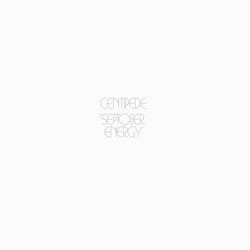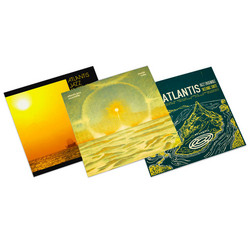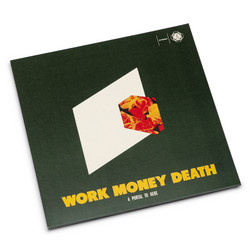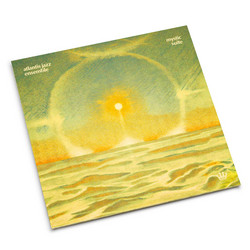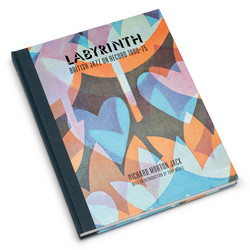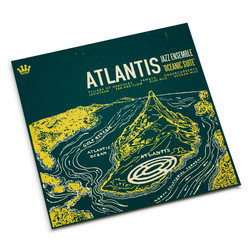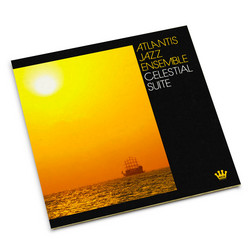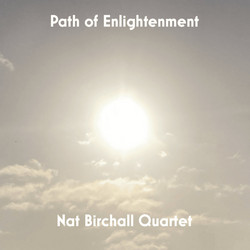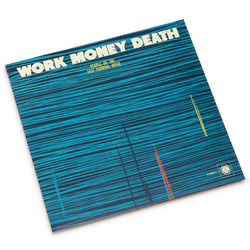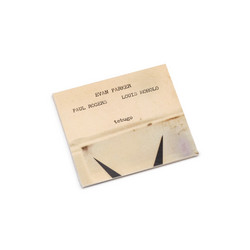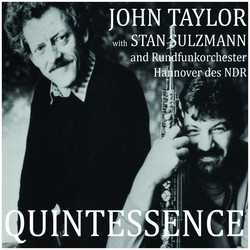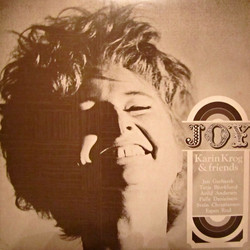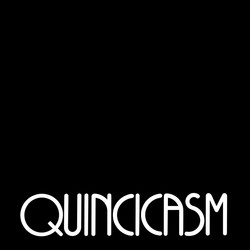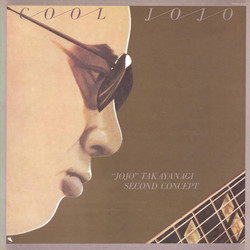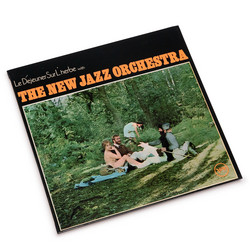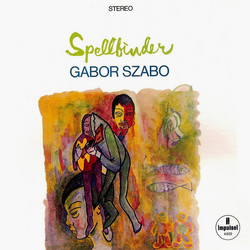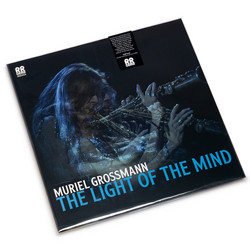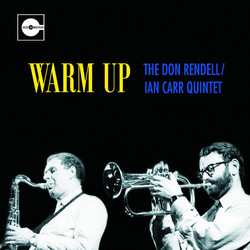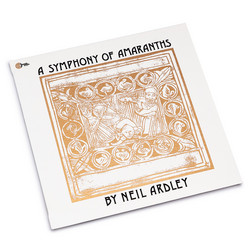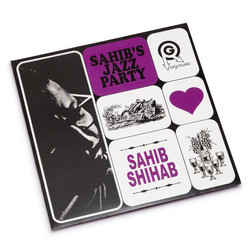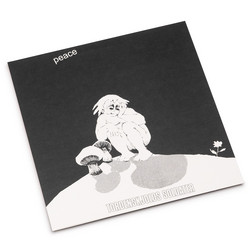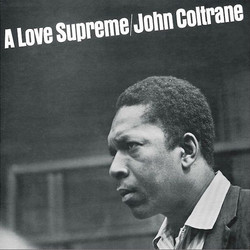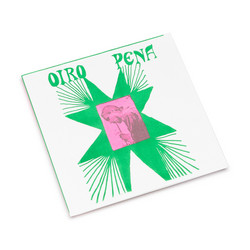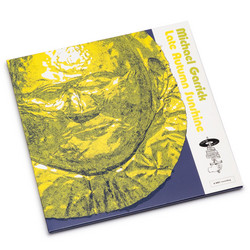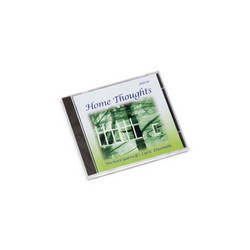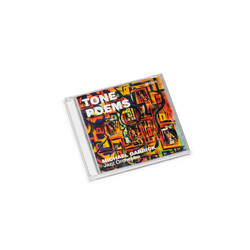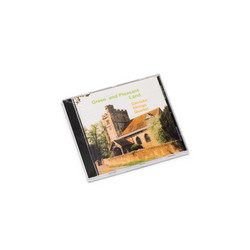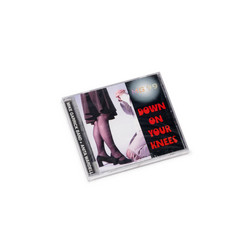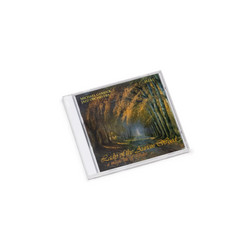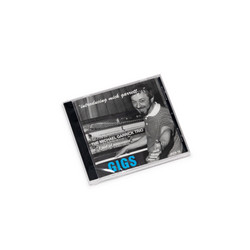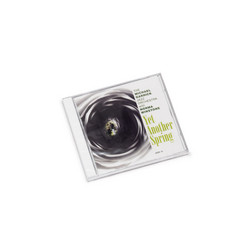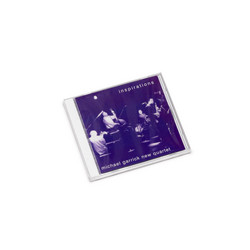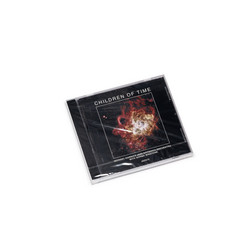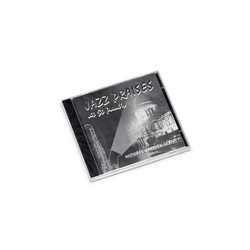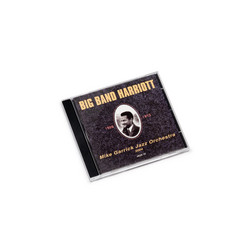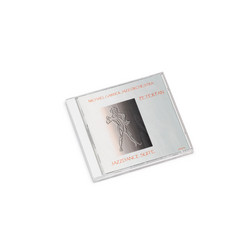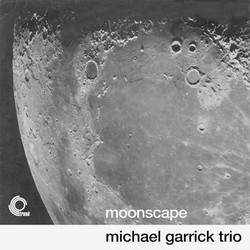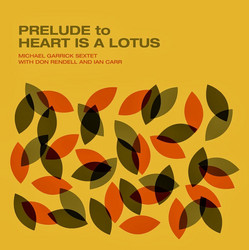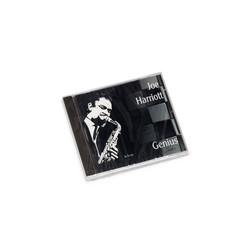** 2025 Stock ** On The New Quartet, Michael Garrick steps away from the cathedrals and big-band canvases to ask a deceptively simple question: what happens when his lifelong preoccupation with form, faith and melody is confined to four musicians and a club-sized soundstage? Recorded in 2002 with saxophonist Martin Hathaway, bassist Paul Moylan and drummer Alan Jackson, the album plays like a long, searching conversation rather than a manifesto. Garrick’s piano is both anchor and provocateur, flicking between prayer-book lyricism and knotted modern chords; Hathaway’s reeds answer with lines that can turn from dry, Getz-like cool to taut, Harriott-inspired angularity in a bar or two.
The repertoire underlines the band’s intent. Garrick seeds the set with his own themes - including a revisiting of “Black Marigolds” and other long-haul favourites - but places them alongside pieces by Benny Golson, Joe Harriott, Jaco Pastorius and a handful of standards, as if mapping the private canon that shaped his ear. Rather than treating these as museum exhibits, the quartet treats each tune as a problem to be re-solved in real time: tempos flex, codas are extended or abruptly cut, inner voices are teased out, and solos double back to interrogate the material rather than simply ride over it. Moylan’s bass provides a melodic spine, often shadowing or counterarguing Garrick’s left hand, while Jackson’s drumming is all implication - light on bombast, heavy on small, destabilising details that keep the music alert.
What emerges is a study in controlled risk. Where Garrick’s larger works often declare their architecture in advance, The New Quartet lets structure reveal itself gradually, chorus by chorus. You hear it in the way a Golson line is slowly reharmonised over the course of the track, or how a Pastorius-origin groove is thinned out until it becomes almost a folk dance. The spiritual charge that runs through Garrick’s choral and orchestral projects is still present, but here it’s sublimated into touch and timing: a delayed chord that suddenly makes a phrase feel like a question, a brushed accent that turns a simple turnaround into a tiny epiphany.
For all its subtlety, the album is anything but polite background jazz. When the band leans into a vamp, Hathaway can sound as if he’s trying to break out of the bar lines altogether, with Garrick egging him on by slipping extra harmony under his feet. At quieter moments, the quartet moves with a kind of chamber-like focus, each instrument occupying its own emotional register yet listening hard enough for micro-adjustments - a half-step in the bass, a different cymbal colour - to register as narrative shifts. In the context of Garrick’s discography, The New Quartet feels like a crucial hinge: the record where his long, sometimes ecclesiastical sentences are translated into quick, lucid conversations, proving that his sense of drama survives perfectly well when compressed into four restless voices.
